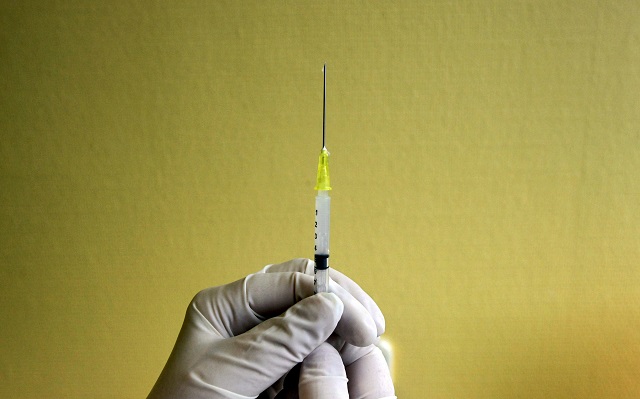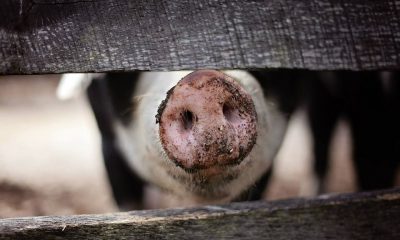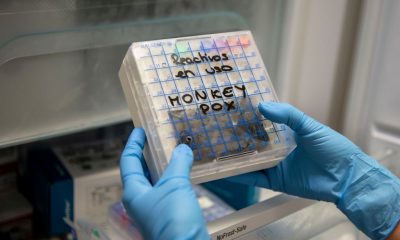What if a single shot could protect you and your loved ones from all known flu viruses? This is what researchers are working on to ensure universal protection against the flu is at hand.
A U.S. study published on Thursday detailed information on an experimental vaccine that showed early promise in providing broad protection against all 20 known influenza virus subtypes.
Published in the peer-reviewed journal Science, the team behind it reported favorable results in the initial testing phase involving mice and ferrets. The researchers said this could pave the way to a universal flu shot that could prevent future pandemics.
“Vaccines serve as an indispensable tool for the control and prevention of influenza, but several challenges remain. Some populations, for example, the elderly, respond poorly to vaccination. Furthermore, the highly variable nature of influenza viruses can make targeting optimal antigens difficult,” the team wrote.
In response to the problem, the researchers developed a two-dose vaccine that employs the same messenger RNA technology found in the COVID-19 shots developed by Moderna and Pfizer with BioNTech.
The shot delivers tiny lipid particles of mRNA instructions prompting cells to make replicas of hemagglutinin proteins typically found on the surfaces of all 20 known influenza A and B virus subtypes. This way, the vaccine can give protection against antigenically variable viruses by inducing antibodies against multiple antigens simultaneously.
According to Reuters, this universal vaccine would not necessarily lead to the end of flu seasons worldwide. However, it could eliminate the guesswork that goes into making annual flu shots months before the flu season every year.
“The idea here is to have a vaccine that will give people a baseline level of immune memory to diverse flu strains so that there will be far less disease and death when the next flu pandemic occurs,” said study leader Scott Hensley of the Perelman School of Medicine at the University of Pennsylvania.
Hensley further explained that if successful in human trials, the universal flu vaccine would not prevent infections. But it will provide durable protection against severe illness and death caused by the virus.
















